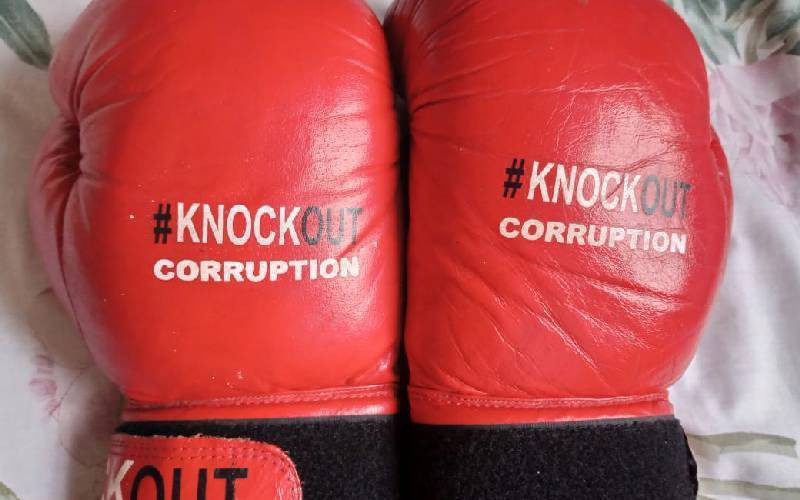×
The Standard e-Paper
Join Thousands Daily

The marathon Supreme Court sessions are perfect demonstration of what we could achieve in our justice sector, if we put our minds and souls to it. This is what Kenyans wanted from the 2010 Constitution and the results continue giving them pride.